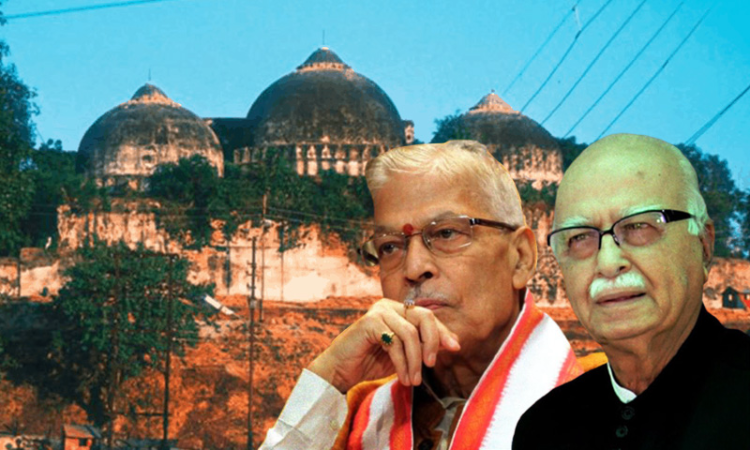A Special CBI Court at Lucknow on Wednesday acquitted all 32 persons accused of hatching the criminal conspiracy behind the demolition of the Babri Masjid mosque on December 6, 1992.The acquitted persons include prominent BJP leaders L K Advani, Murli Manohar Joshi, Uma Bharati, Kalyan Singh etc.Special CBI Judge S K Yadav, in his 2000-page verdict, held that the demolition of the mosque was...

